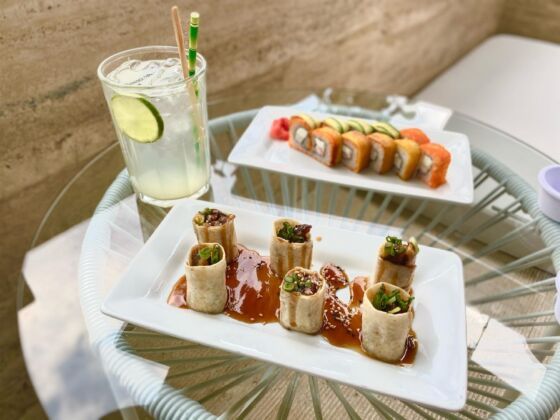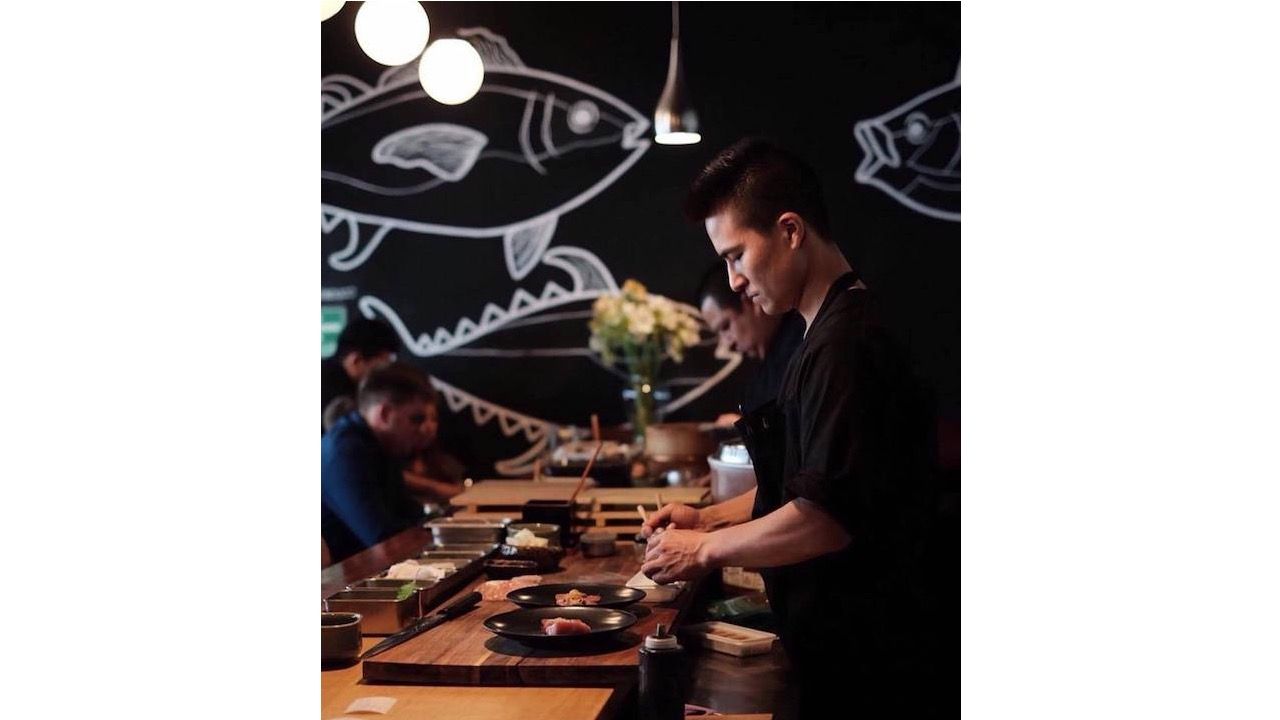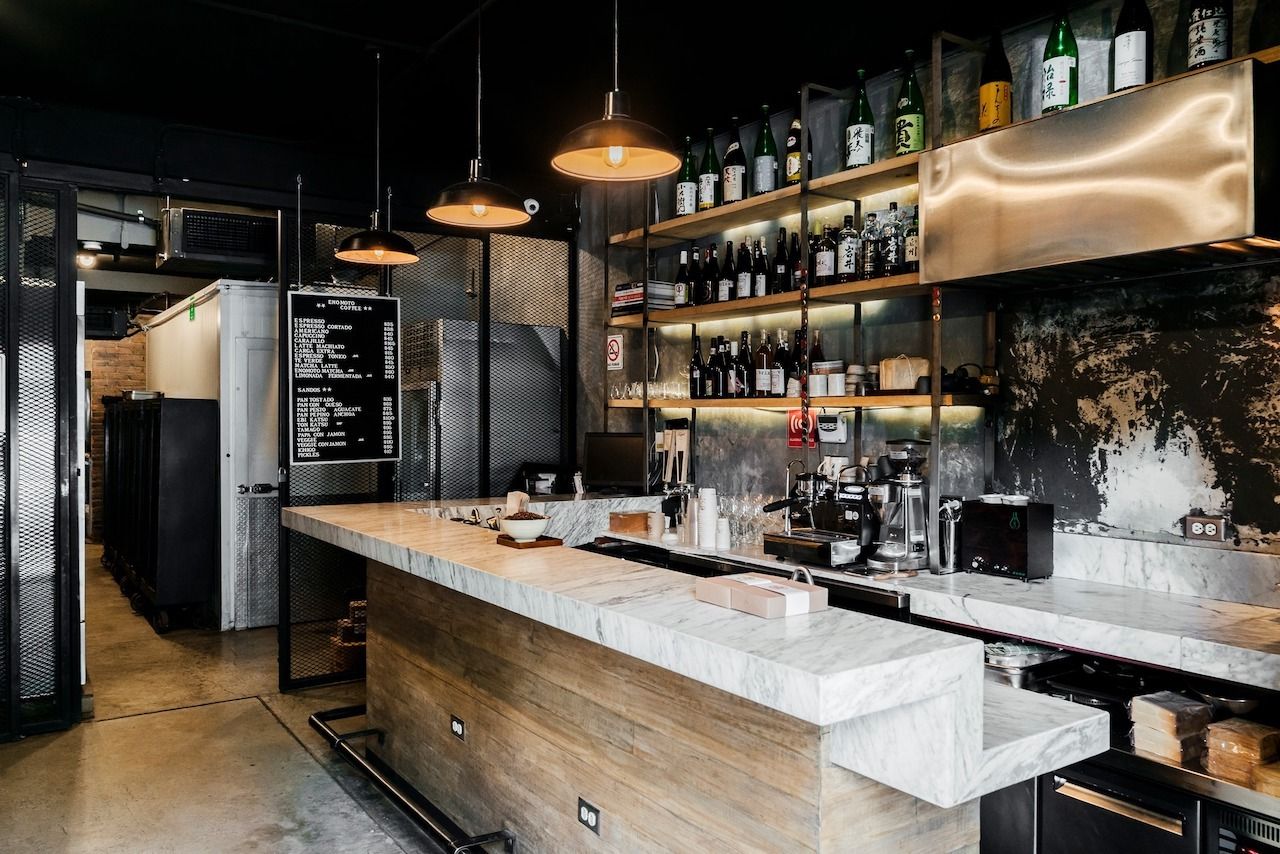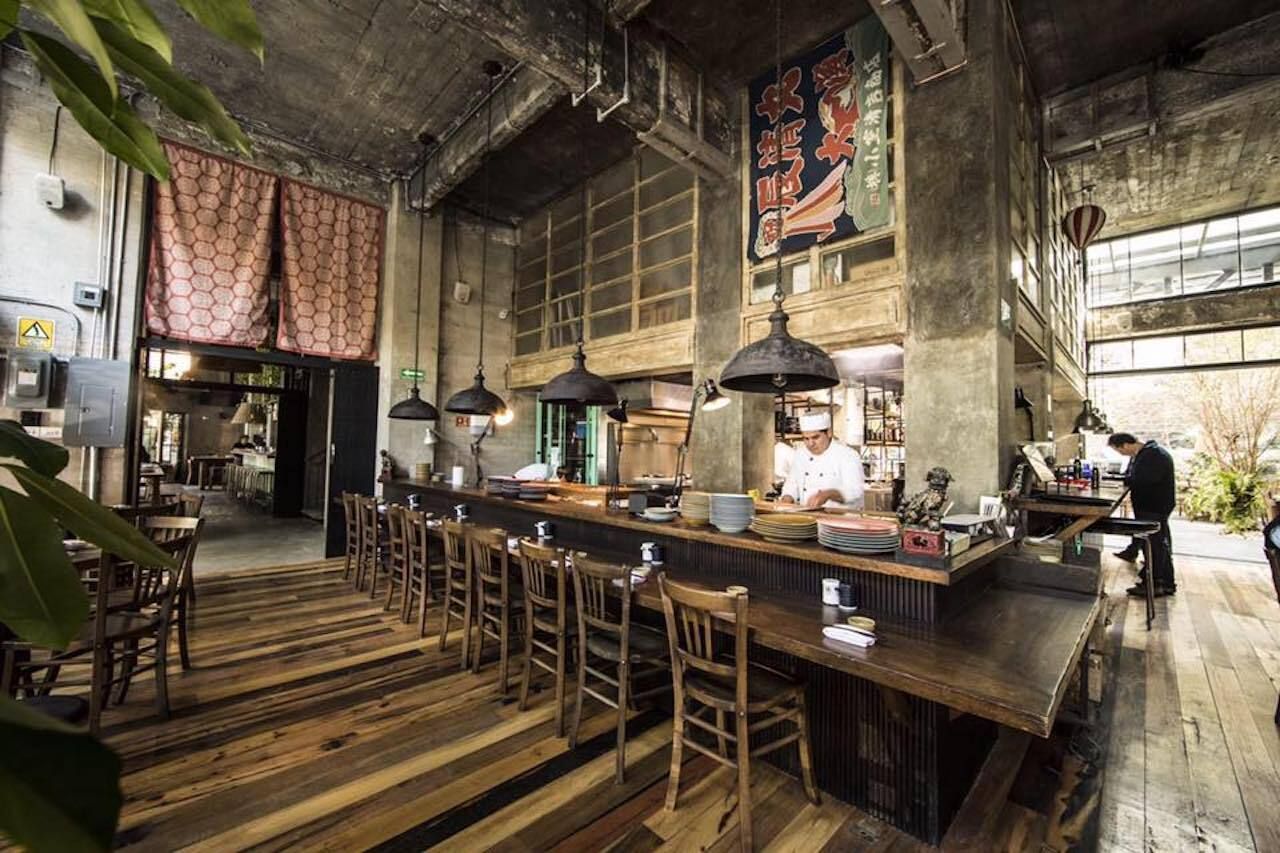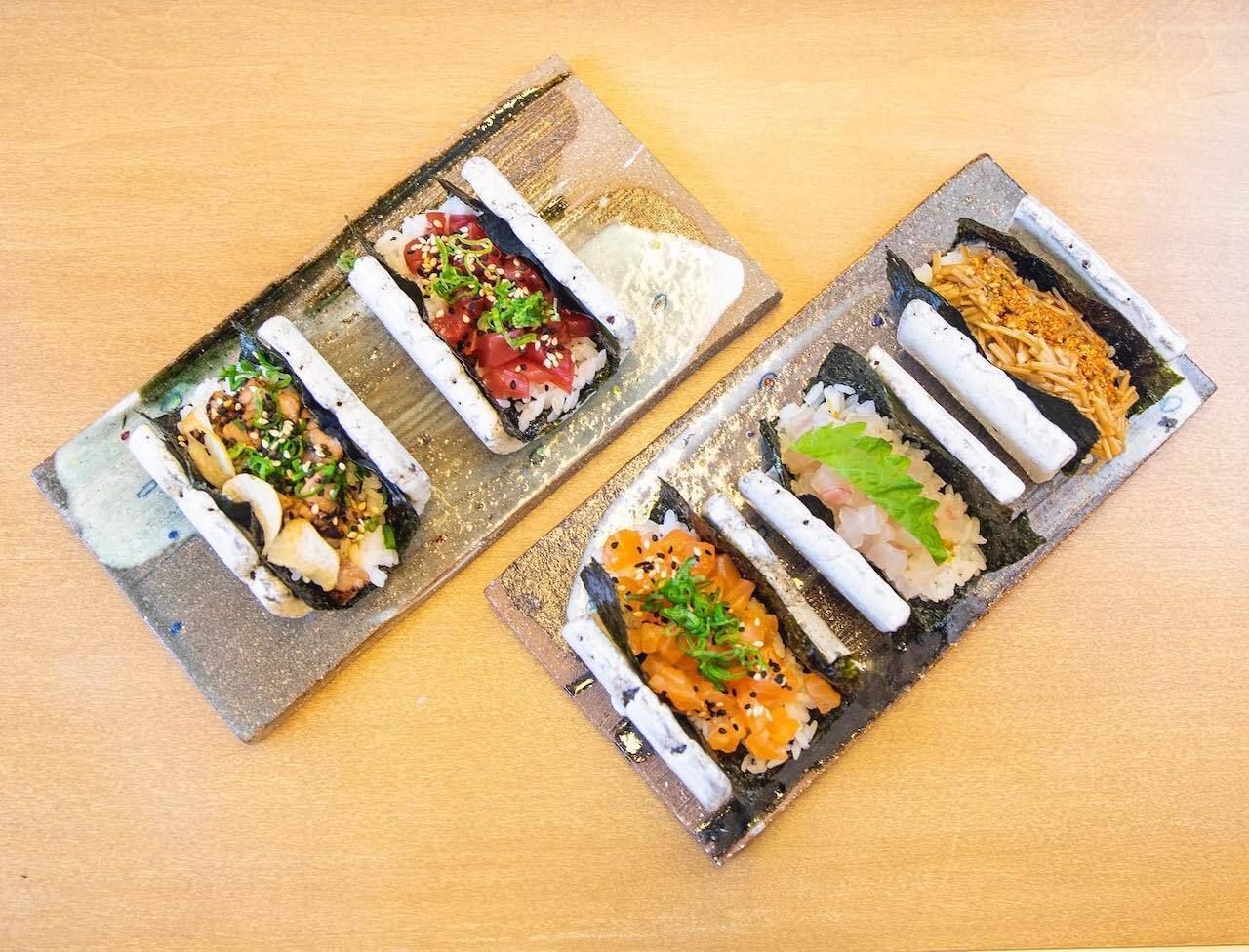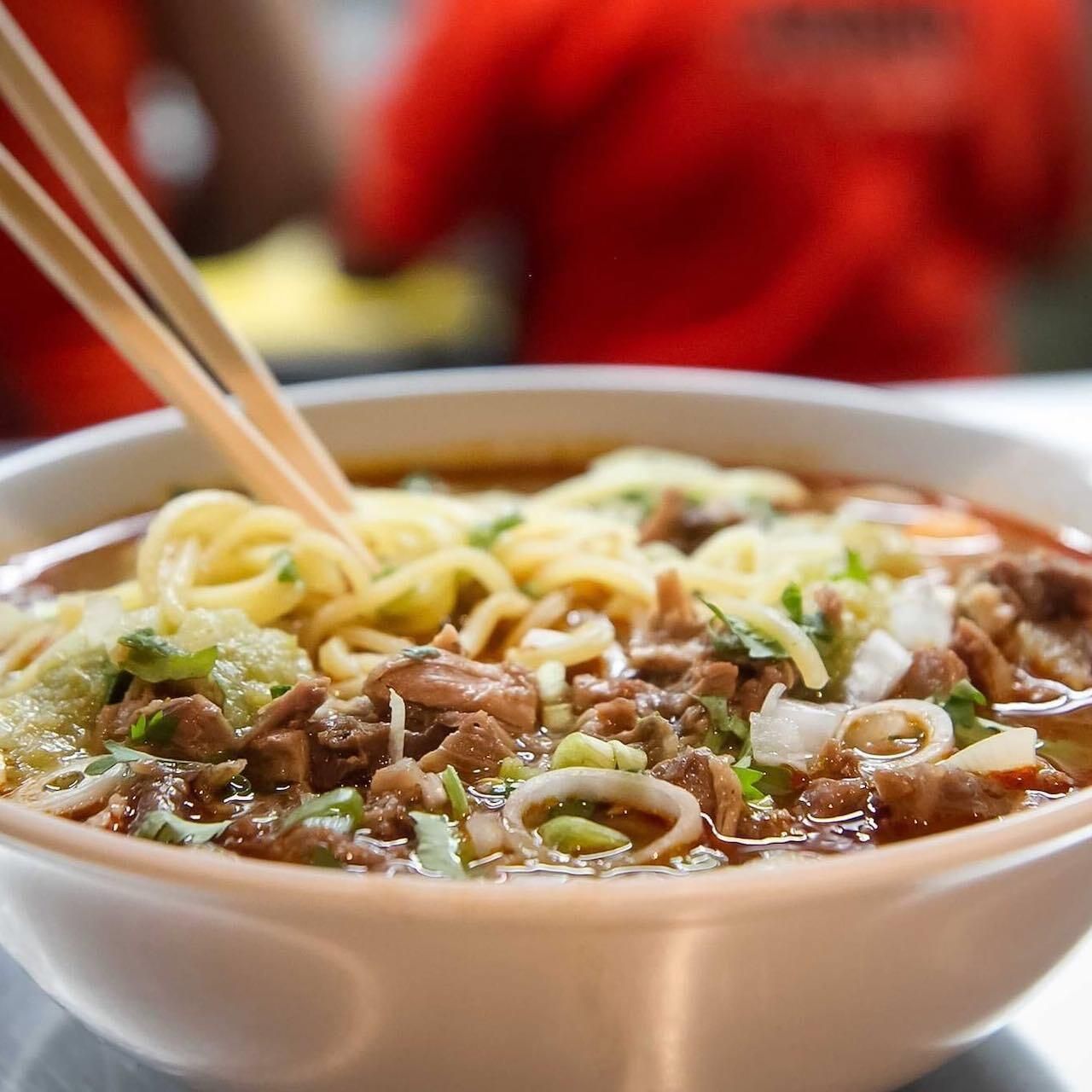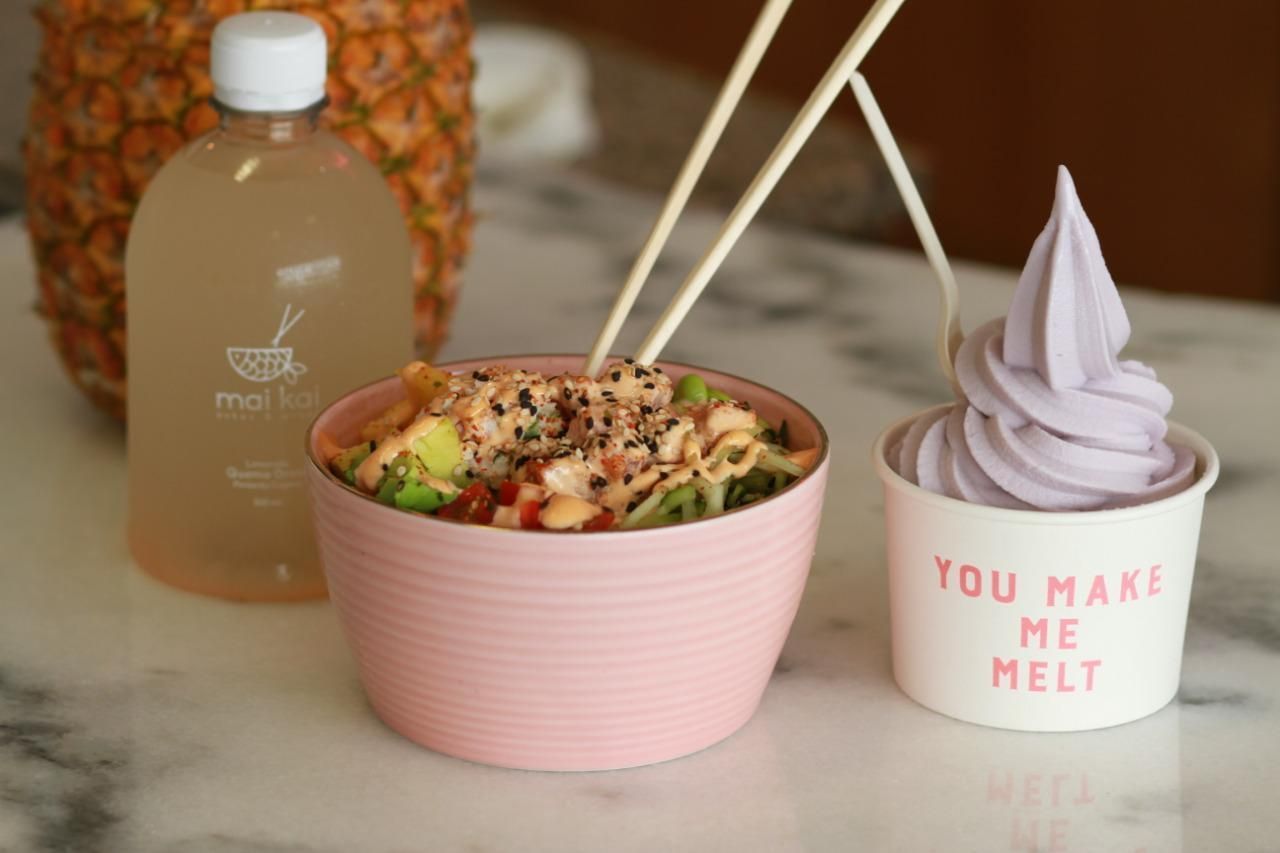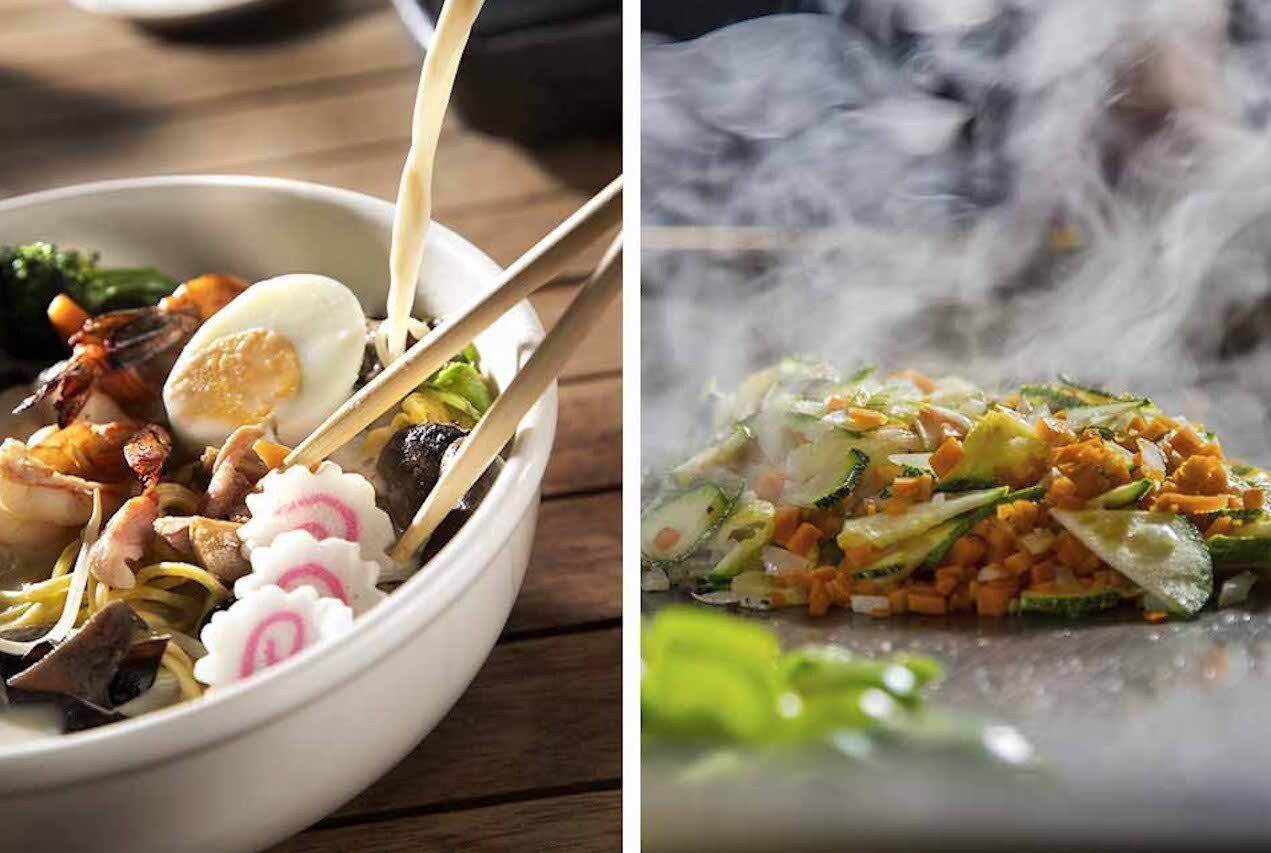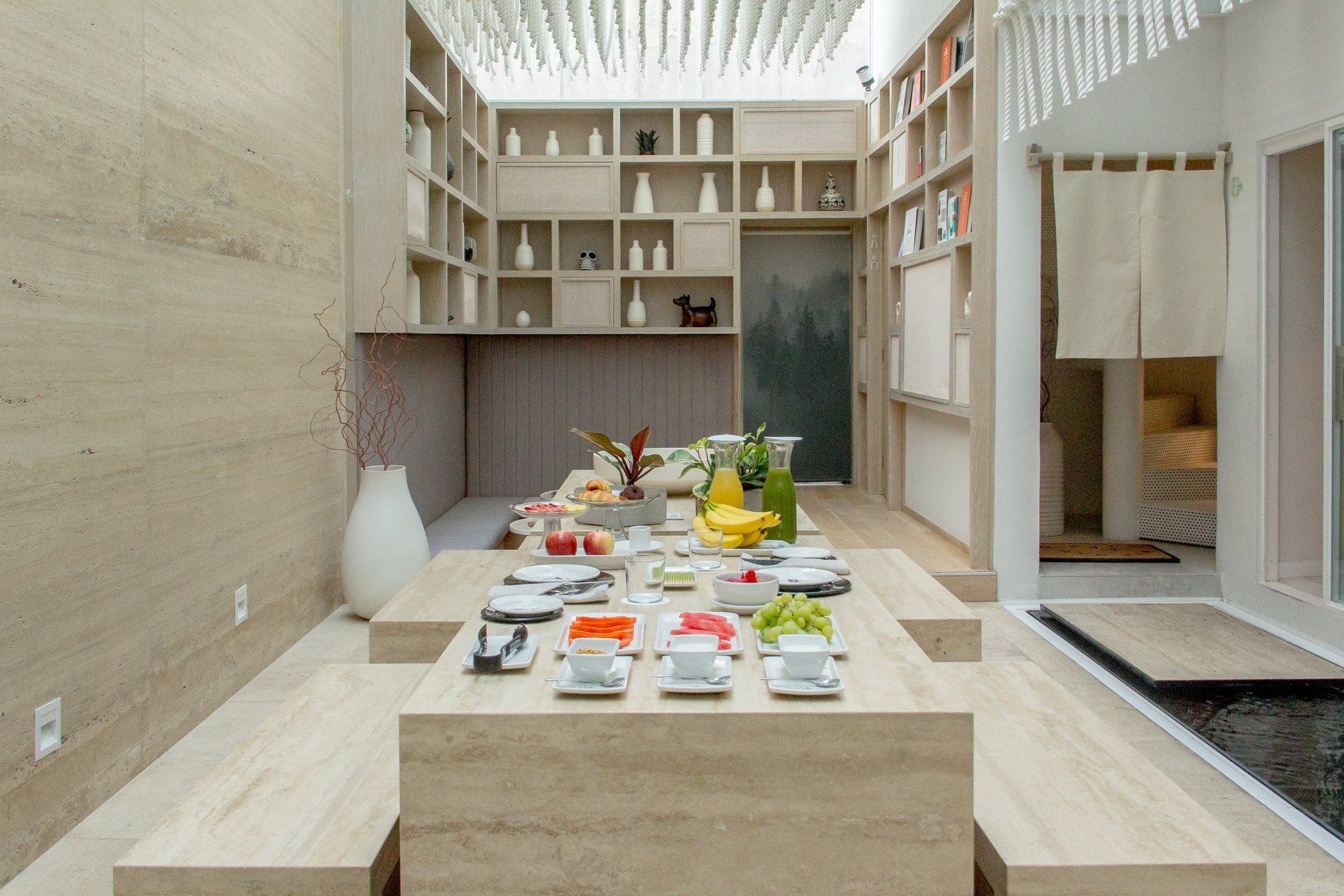Colonia Cuauhtémoc, also known as the Little Tokyo District, is probably one of the most underrated neighborhoods in the heart of Mexico City. With trendy areas like Roma, Condesa, and Juárez nearby, people often miss spending time in Cuauhtémoc.
Decades ago, this neighborhood was a quiet residential area with Art Deco-style houses and apartment buildings. But its fate changed when many Japanese immigrants arrived in the city at the end of World War II. In the 1970s, the Japanese embassy was established here, along with some Japanese shops and restaurants — laying the foundations of what is now known as Mexico City’s Little Tokyo.
